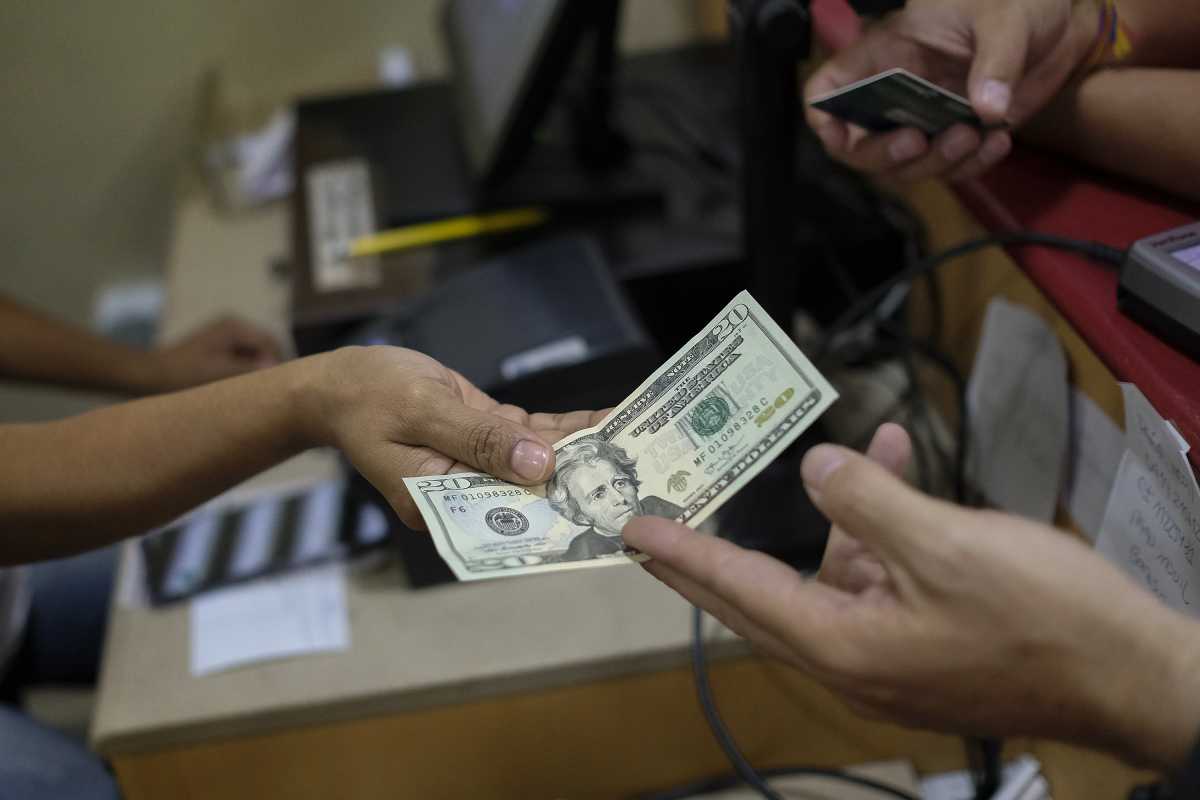Before you start your holiday shopping, the FBI has a warning about these growing scams

People are out shopping for the holidays, and major events like the Black Friday sale are on the horizon. But scammers are also actively trying to take advantage of innocent and stressed-out shoppers. That's why the Federal Bureau of Investigation has released a list of the top four 'Holiday Shopping Scams' to watch out for this year. These scams target vulnerable individuals who often overlook or are unaware of the tactics scammers use. Thus, people are urged to watch out for these red flags.

One of them is the nondelivery scam, in which a victim pays for an item, often on sale at a discount, but never receives it. Fraudsters set up fake websites or list products that don't exist.

They often offer hefty discounts on the items to fool the customers and create a sense of urgency by putting a time limit on the offers. Scammers use online ads and dupe logos of retailers to further fool people. According to Yahoo Finance, earlier this year, fake ads for JOANN's bankruptcy sale scammed many out of their money. Furthermore, scammers can steal sensitive information, including address and payment details.

Another scam is the gift card fraud, which has been around for ages and is still active. In this, fraudsters ask for gift cards as payment for a service or product and vanish once they are transferred. Unlike debit or credit cards, gift cards are virtually untraceable, and payments made through them can't be reversed. If a vendor or business only accepts gift cards, prepaid cards, cryptocurrency, or other forms of untraceable payment methods, it's a major red flag and a sign to take the business elsewhere.

As part of auction frauds, scammers conduct false online auctions for the most sought-after items and then vanish without delivering the items. Fraudsters may lure people using fake ads claiming that the auction is for property seized by the government, or it may be for a livestream conducting an auction. The scammers then mislead buyers about the details of the sale and post fake photos of the items to hide the damage or signs that them being counterfeits. Buyers may incur unexpected fees and shipping charges as well.

Recently, nonpayment scams have become increasingly popular, especially as people look to sell their old items during the Holiday Season. In this, scammers collect the seller's goods and then refuse to send payment. The scammers often ask the victim to perform the transaction offline or hand the item to their family member, promising that the payment is on the way. They then either vanish or make excuses, saying they are stationed overseas and are unable to make the payment.
To avoid such scams, the FBI recommended that shoppers practice good cybersecurity hygiene and not click on any suspicious links or ads. Buyers and sellers must verify the business or people they are engaging with before making any transactions. Lastly, the FBI suggested consumers never wire money directly to a seller, or pay for anything using gift cards or an insecure method of payment. Shoppers should also track the items they buy online and monitor the progress.
More on Market Realist:
FTC Warns Consumers About Voice Cloning AI Scams — How to Stay Safe
Charity Scams Do Exist — Here's How to Avoid Them
If You Gave Your ID to a Scammer, Take These Key Steps Immediately
























